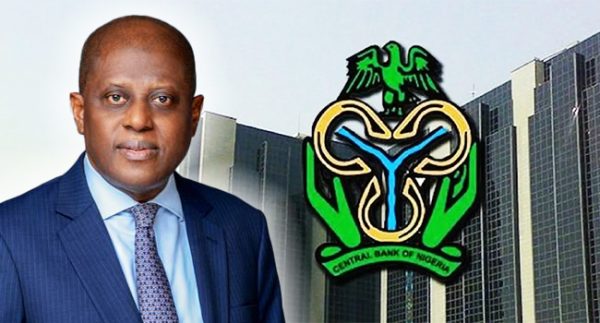Olayemi Cardoso, the Governor of the Central Bank of Nigeria (CBN), has highlighted that the increasing volume of transactions conducted by non-bank financial institutions (NBFIs) poses a significant risk to financial stability in West Africa.
He made these remarks on Monday during the 10th meeting of the College of Supervisors for Non-Bank Financial Institutions of the West African Monetary Zone, where he was represented by Abayomi Arogundade, Acting Director of the Other Financial Institutions Department at the apex bank.
Cardoso emphasized the importance of closely monitoring the trends, risks, and innovations within NBFIs/OFIs, noting that their rising transactions volumes pose potential threats to the stability of the financial system.
He pointed out that one of the commonly reported innovations is fintech loans, which although currently relatively small compared to credit by Deposit Money Banks (DMBs), are seeing increased volume in several global jurisdictions.
ALSO READ CBN issues fresh guidelines for foreign currency deposits
He elaborated, “Fintech loans are often facilitated through electronic platforms connecting lenders and borrowers, where the platform functions as a financial intermediary. Some fintech firms extend credit directly through their balance sheets, resembling new forms of financial intermediaries.”
“In some jurisdictions,” Cardoso continued, “these digital firms are licensed as banks and subject to prudential regulations, while others operate under regulations as fintech payment service providers. Additionally, innovations involving crypto or stablecoin assets have been observed in certain jurisdictions.”
ALSO READ CBN to implement more policies to tackle cybersecurity challenges
Non-bank financial institutions provide financial services but lack banking licenses, thereby being unable to accept deposits, Cardoso clarified.
The Governor’s comments underscore the need for robust regulatory oversight and proactive measures to manage the evolving landscape of non-bank financial activities to safeguard financial stability across West Africa.
ASHENEWS reports that providers of nonbank transaction accounts do not have physical branches that households can access for in-person services or assistance


